
Cash App is coming to Canada really soon. Its tech pedigree is flawless. It's signed by Block and was created by Jack Dorsey and Jim McKelvey . Are you going to use it? If this is the first time you're hearing about it, its touted as the next big thing in peer-to-peer banking.
Its motto is ”Send, Spend, Bank, Invest.” Well, that's not new in Canada. Still, Cash App is hiring for Canadian positions. In preparation for Cash App’s eventual launch in Canada, we review everything Cash App in this article.
- Cash App, Square, Block, and acquisitions.
- Cash App’s services and features
- Cash App banking
- Peer-to-peer transactions
- Invest
- Cryptocurrency
- Cash Card with built-in coupons
- Cash App Taxes
- Cash App for business
- Cash App, ATMs and credit card funding
- Cash App in Canada: not so fast, buddy
- Canada is different, eh?
Cash App, Square, Block, and acquisitions.
Cash App is one digital network among a suite of services developed by Block, Inc., trading under SQ on the New York Stock Exchange. As of November 2021, Block's market capitalization was valued at over $117 billion US. Alongside Cash App, Block’s products and services include:
- Afterpay, a buy now, pay later service
- Weebly, a video conferencing service
- Tidal a media subscription service
- Square, a payment platform for businesses.
Notably, Block’s products face significant competition from larger and significantly more well-known options on the marketplace.
Read more about Afterpay
Cash App wasn’t the name of Block’s mobile payment service when it was launched in 2013. In fact, Block has undergone a name change as well. Cash App launched under the name “Square Cash” by Square Inc. Since 2020, Square Inc. has been busy, acquiring approximately 8027 Bitcoins, Tidal in 2021, and Afterpay in 2022. Square Inc. announced its name change to Block Inc. on December 10th.
Cash App: the money printing machine
Let's talk business. Cash App’s total gross profit for 2021 was $2.07 Billion, up 69% year over year. Needless to say, 2021 was successful for Cash App. It reportedly costs Cash App only $10 to attract a new user. Cash App’s gross profit per monthly transaction was up 13% from 2020.
Cash App’s services and features
In its investor information and corporate material, Block consistently refers to Cash App’s services and features as the “Cash App Ecosystem.” To encourage further user engagement and a deep dive into Cash App’s ecosystem, Block expanded Cash App’s services and peer-to-peer capabilities.
There are six major services within the Cash App ecosystem:
- Banking
- Peer-to-Peer transactions
- Invest
- Cryptocurrency
- Cash Card
- Cash App Taxes
It's not just you. It does sound a lot like Wealthsimple.
Read more about Wealthsimple
Cash App banking
Cash App banking services enable users to send, receive, and store money. It lets you set up direct deposits. It has a referral system where yoou earn $5 when you refer a friend and they sign up. It's all so familiar.
Users can link their bank account and a customizable “Cash Card” to their Cash App account to maximize the app’s banking capabilities. The user “Cash Card” is completely customizable in the app and a physical copy is mailed, too. So feel free to get creative with your Cash Card.
Cash App supports cheque deposits and incentivizes users to deposit paycheques and tax returns directly into Cash App. If you want immediate access to the money, Cash App charges between 0.5% and 1.5% of the transaction value. Otherwise, users have to wait the standard 2 to 3 business days for their deposit to arrive in their bank account.
Peer-to-peer transactions
Cash App has a $1,000 monthly limit on sending and receiving money through peer-to-peer transactions. That is for unverified accounts. After going through an identity verification process, the user sending limit is increased to $7,500 per week, with an unlimited receiving limit.
Your privacy is important. Like Wealthsimple, you set up a $Cashtag, a handle if you will, instead of revealing your personal information. You just have trust sending your money to a username and not a formal person.
Invest
Cash App’s “Invest” service is currently only available to American users. Simply put, Cash App’s “Invest” has similar functionality to Wealthsimple in Canada: the ability to purchase stocks and fractional stocks from the app. Cash App allows users to send fractional shares to other users, to further incentivize user engagement and enmeshment in Cash App’s ecosystem.
Read more about fractional shares
Cryptocurrency
Cash App allows users to purchase Bitcoin. Bitcoin is the only cryptocurrency available on Cash App. Cash App allows users to send fractional amounts of Bitcoins to friends and other users for free. Cash App charges up to 1.76% on Bitcoin purchases. Notably, Cash App’s trading value of Bitcoin varies between 1and 4% from other Bitcoin exchanges.
Read more about Bitcoin
Cash Card with built-in coupons
The Cash Card works like a debit card. However, Cash App users who use the Cash Card get “boosts.” “Boosts” are merchant discounts, aka coupons, built directly into the app and announced on social media. This is how it works:
- Tap the Cash Card on the home screen
- Press Save with Boost
- Choose a Boost and add it.
Read more about coupon apps
Cash App Taxes
Cash App Taxes launched in January 2021. This service allows users to file their taxes through Cash App, on their phone. Block offers users the option to receive their tax refunds up to two days early if it's deposited into their Cash App account. Again, this sounds a lot like Wealthsimple Tax.
Cash App for business
You can set up a Cash App account for a business. You can accept limitlesss transfers: unlimited number of payments and unlimited size. The fee is 2.5% per transaction fee when you accept a payment.
Cash App, ATMs and credit card funding
The Cash App is free to download, and it’s free to create an account. Cash App charges businesses 2.75% per transaction, whether the user is paying with their phone or the Cash Card. Cash App charges users $0 to send money from a linked bank account or debit card.
You can also use a credit card along with the Cash App. You can send money to a credit card and receive money on your credit card too. There is a 3% fee for sending money via credit card.
Users can use their Cash Cards at automated teller machines (ATMs) to withdraw cash. Cash App charges $2 per transaction on top of the ATMs service charge. However, this fee is waived if you have deposited over $300 in your account that month.
Find the right credit card
Cash App in Canada: not so fast, buddy
Cash App is hiring for the Canadian market. Why is it taking the slow and cautious approach? Unlike other potential international markets, Cash App will be entering Canada and facing established competition.
Canada's darling, Wealthsimple, recently enhanced launched their Wealthsimple Cash card.
- It recently added the ability to send money to people outside of Wealthsimple Cash
- Wealthsimple lets you instantly deposit up to $5,000 on its regular plan and $25,000 for its Plus members
- Wealthsimple gives you 1% back in cash or stock when you use your Wealthsimple card.
That is a direct hit to Cash App even before they launch in the market. Plus, Wealthsimple Tax already services Canadians. Unlike Cash App, Wealthsimple has many cryptocurrency options listed on its marketplace. That is two more significant hits to Cash App.
Canada is different, eh?
With the exception of the built-in Boosts, credit card funding, and cheque-depositing capability, Cash App sounds like Wealthsimple. Canadians love Wealthsimple and may love Cash App simply because it is an international brand that might let you send money internationally to other Cash App users. It all depends on Canada's banking regulations and compliance.




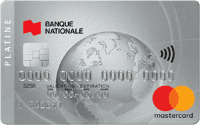



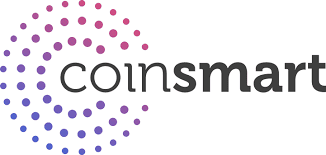

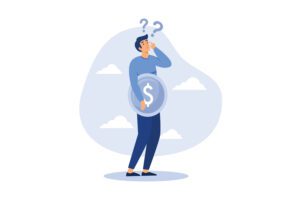

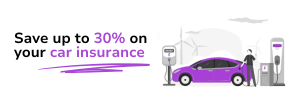

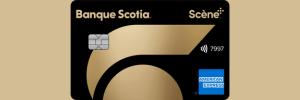

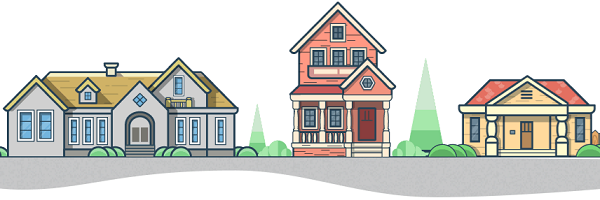

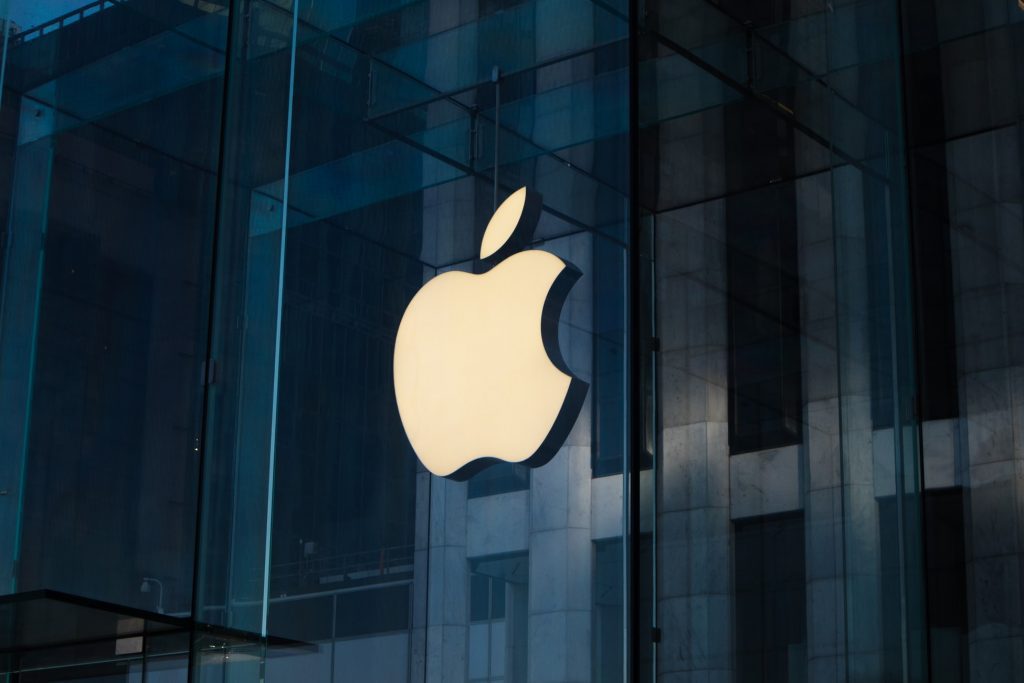
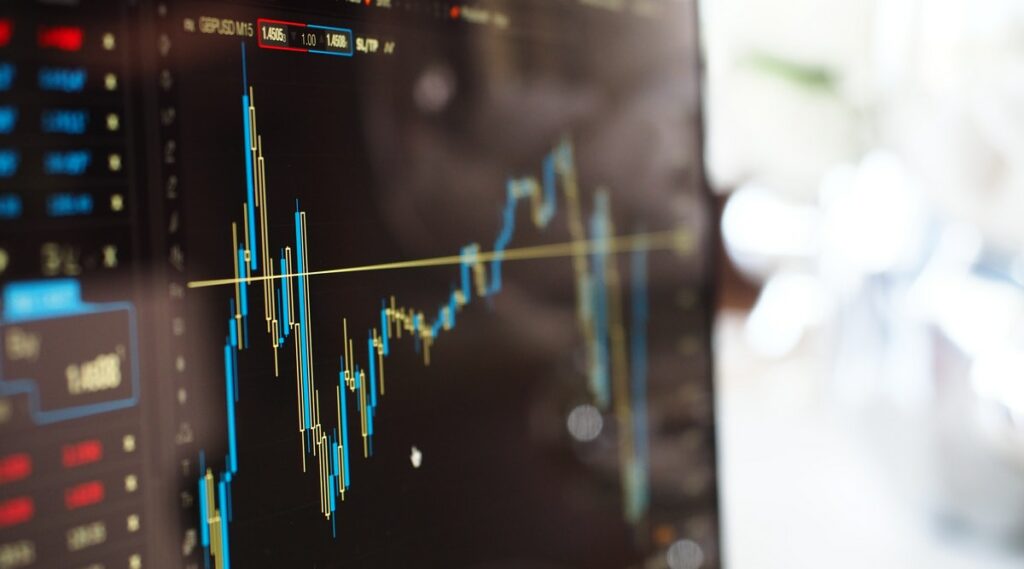
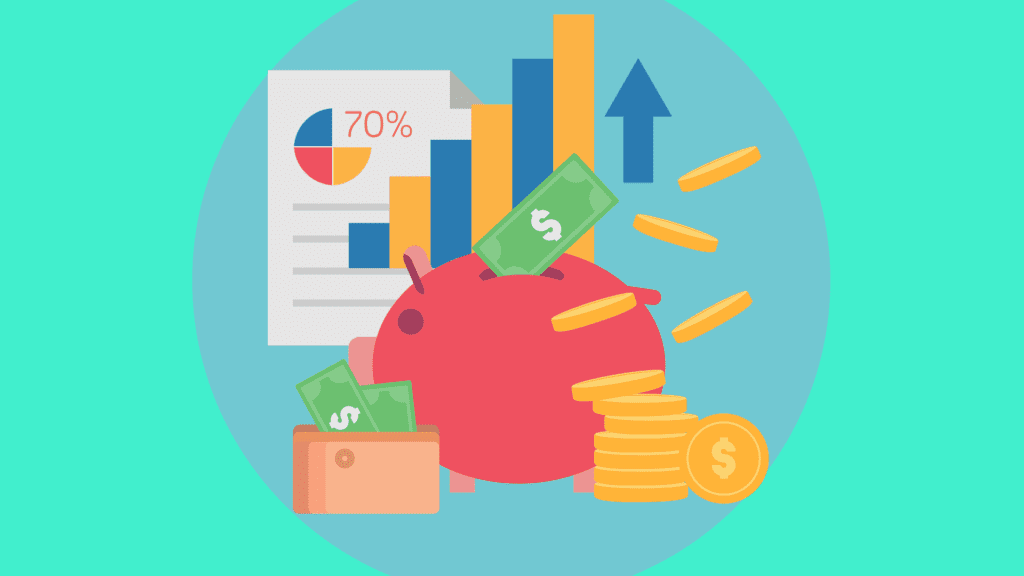


About The Author: Arthur Dubois
Passionate about personal finance and financial technology, Arthur Dubois is a writer and SEO specialist at Hardbacon. Since his arrival in Canada, he’s built his credit score from nothing.
Arthur invests in the stock market but doesn’t pay any fees because he uses National Bank Direct Brokerage online broker and Wealthsimple’s robo-advisor. He pays for his subscriptions online with his KOHO prepaid card, and uses his Tangerine credit card for most of his in-store purchases. When he buys bitcoins, it’s with the BitBuy online platform. Of course it goes without saying that he uses the Hardbacon app so that he can manage all of his finances from one convenient place.
More posts by Arthur Dubois